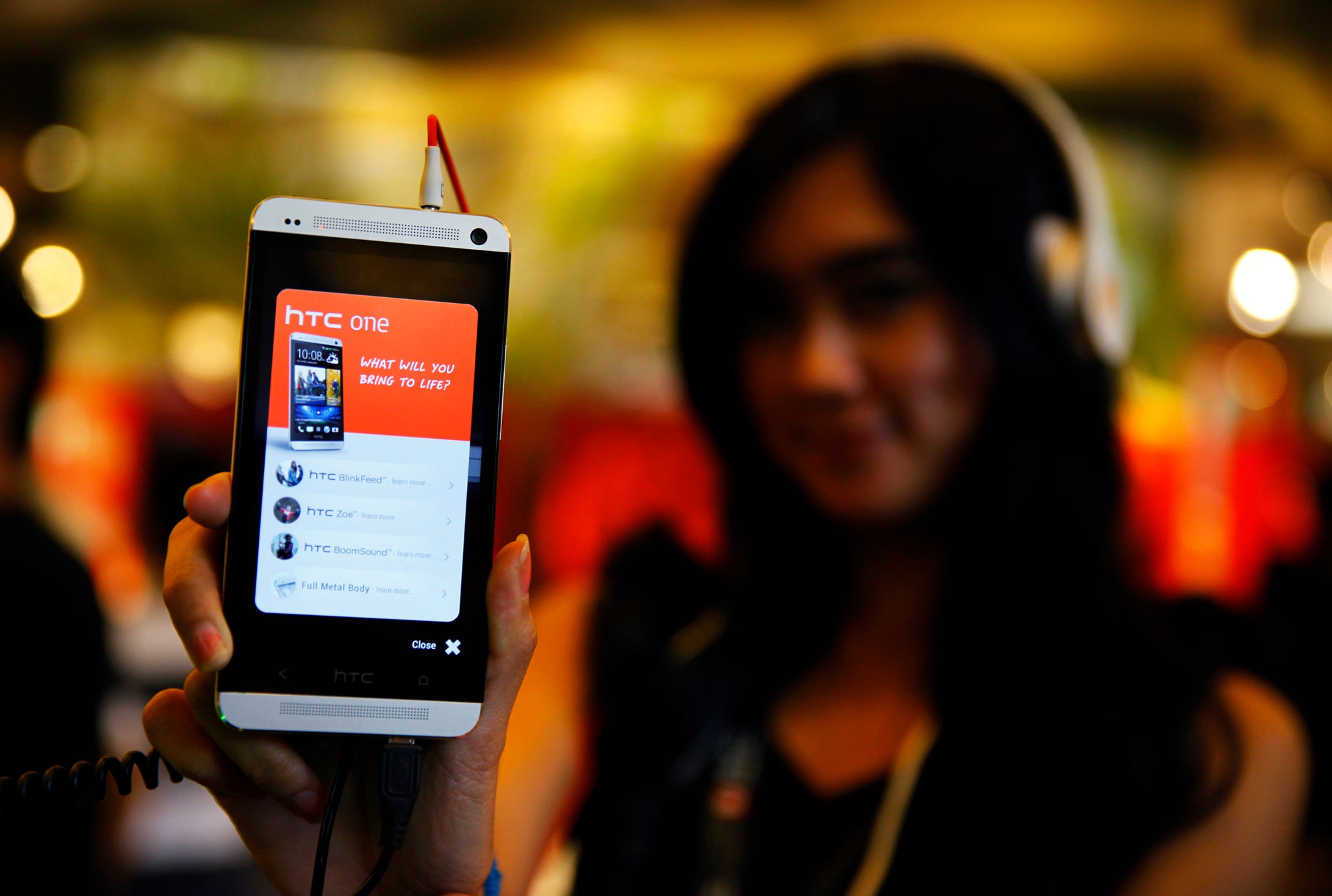HTC building mobile OS for Chinese market as US slips in importance
New mobile operating system would be met favourably by Chinese government who resent the dominance of Google's Android OS.

HTC is reportedly developing its own mobile operating system to appeal to Chinese users, now the largest market for smartphones in the world. The move reflects both a shift towards Asia and away from the US, as well as HTC’s need to rejuvenate an ailing brand.
The Wall Street Journal spoke to sources within the company, who suggested that the new mobile OS would offer ‘deep integration’ with native Chinese apps such as Weibo – the country’s Twitter-like micro-blogging service.
The new software will supposedly launch before the end of the year and is likely to be greeted enthusiastically by the country’s officials.
A white paper authored by China’s Ministry of Industry and Information Technology earlier this year said that Google had too much control over the country’s smartphone industry via the success of its Android OS.
“Our country's mobile operating system research and development is too dependent on Android. […] While the Android system is open source, the core technology and technology roadmap is strictly controlled by Google,” said the report.
Figures released at the beginning of this month showed that Android’s global market share in the smartphone market is a massive 79.3 per cent, and in China Android is used for 90 per cent of devices sold (compare this to Apple’s 4.2 per cent share).
Ironically it is also Android’s reliable and compatible software that has allowed native manufacturers such as ZTE, Huawei and Xiaomi to flourish in the first place.
It’s not yet known whether HTC will build their software upon Android or whether it will be constructed from the ground up.
Either option might be problematic: the former might not move far enough away from Google’s Android platform but the latter would be more costly and might just fail to launch.
The WSJ notes that when Taiwanese manufacturer Acer attempted to launch a smartphone using software (Aliyun OS) created by Chinese e-commerce giant Alibaba in 2011, Google effectively blocked the device, accusing Alibaba of infringing on the Android OS and threatening to stop working with Acer.
Both Acer and HTC are members of the Open Handset Alliance (the OHA), a consortium of hardware and software companies led by Google. The OHA supports and promotes the use of Android, but its members must abide by Google’s rules.
However, if HTC succeeds then the new OS could give it a foothold in the most important smartphone market in the world. A recent earnings call by the company revealed that they expect revenues in the third quarter of 2013 to decline by as much as 29.3 per cent.
Join our commenting forum
Join thought-provoking conversations, follow other Independent readers and see their replies
Comments
Bookmark popover
Removed from bookmarks